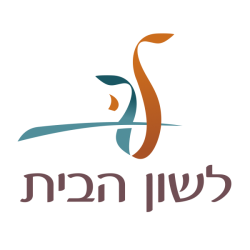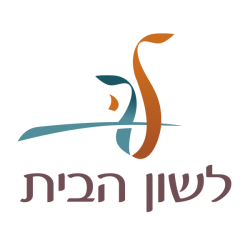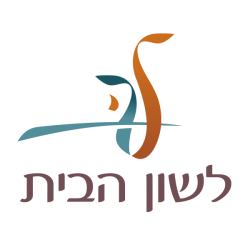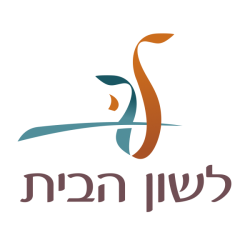Childhood in 'El Oued' (Souf)

General translation:
In her childhood she used to play cards with children, and other games too.
She was the only child who survived her mother’s 11 childbirths.
The Preservation of Jewish Languages and Cultures in memory of Hayyim (Marani) Trabelsy

General translation:
In her childhood she used to play cards with children, and other games too.
She was the only child who survived her mother’s 11 childbirths.




General translation:
Sara tells about one of her dreams. In the dream she saw a man named Ḥaimam who made Aliya on his own. She sits and the man says: “Hello sister”. She also sees people dancing in the dream.

General translation:
At the El Oued community, the Jews and Arabs used to go to the same public school together. That is why her parents did not send her to school. There were Jewish children who went to public school and learnt French.
"Julie-Dalia learnt some French from her surroundings, especially during the time prior to making Aliya. During that time, they lived in an area called "Mascara.
Studying the Bible and Hebrew was for boys only.


General translation:
On Shavuot, the custom is to pour water on those who come in the house, and wet palm tree with milk. On Shavuot eve, sleep throughout the whole night in synagogue.

General translation:
The tradition was to read the Book of Esther, and exchange mishloach manot (gifts and foods).
The tradition was to hand the children “Purim money”. This money was also called “Purim”- “Purimi” (my Purim money).

General translation:
For Sukkot, they used to build a sukka out of palm trees, decorate the sukka’s four corners with dates, hang a sunflower and create a chain out of peppers.
A special chair for Eliyahu HaNavi (Eliyahu the prophet) was hung in the sukka with a siddur and tallit on top of it.